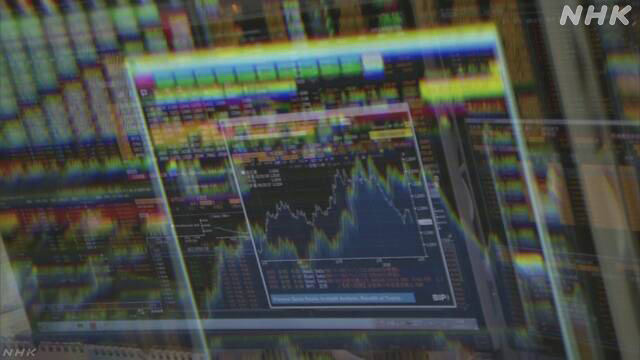Russia, which is subject to strict economic sanctions from Western countries, will reach the deadline for interest payments on dollar-denominated government bonds one after another from the 16th.
There is a growing view that default = default due to the fact that a large amount of foreign currency reserves have been frozen due to sanctions.
Russia is scheduled to reach the deadline for interest payments on government bonds one after another from this month, of which about 117 million dollars will be required on the 16th, and about 13.8 billion yen in Japanese yen will be required to pay interest on dollar-denominated government bonds.
While it seems that Russia has the capacity to pay, economic sanctions have frozen nearly half of its foreign currency reserves, about $ 300 billion, or the Japanese yen worth 35 trillion yen.
For this reason, the Russian government has also indicated that it will pay in the ruble of its own currency, but it is said that payment in the ruble whose value is plummeting is a one-sided change in repayment conditions, and default = debt from rating companies etc. You may be found to be in default.
The balance of Russian foreign currency-denominated government bonds is about 2.4 trillion yen in Japanese yen, and it is pointed out by experts that the scale is not so large, but if it becomes the default, the investors who own it will lose. There is a concern that you will suffer.
In addition, the means of raising funds will be narrowed for the Russian government and companies, and the impact on the domestic economy is expected to be unavoidable.
After the military invasion of Ukraine, major rating companies have significantly downgraded Russian government bonds, citing growing concerns about defaults.
Downward pressure on Japanese economy Affects corporate households
Regarding the impact of Russia's government bonds being certified as default, Mizuho Bank's chief market economist Daisuke Karakama said, "The balance of Russian government bonds is not very large. We may be investing in Russia under the guise of a government bond. We need to keep an eye on the impact on financial markets and the global economy. "
On top of that, Mr. Karakama pointed out that there is concern that the supply of resources from Russia will decrease and the prices of crude oil and grains will rise further as the "away from Russia" of Europe, the United States and Japan progresses due to defaults and a series of sanctions. "When import prices go up, after all, the goods and services we consume and invest in every day go up, but wages don't go up so easily. Real income goes down, putting downward pressure on the Japanese economy. It affects both companies and households. "

